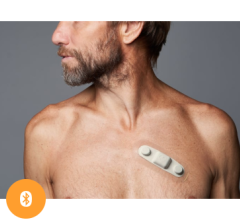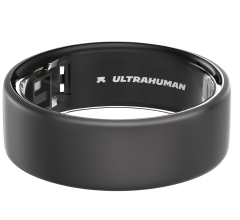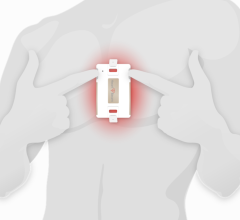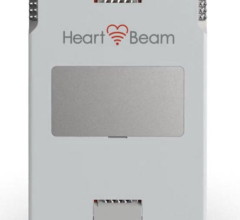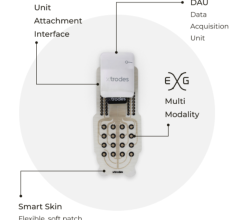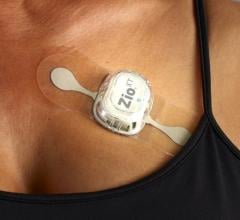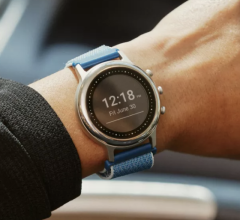
March 29, 2022 – Eko, a digital health company advancing heart and lung disease detection, has announced the launch of its newly-redesigned Eko App, which will transform patient interactions into an opportunity to screen for cardiovascular disease. Heart disease is the leading cause of death in the U.S., and there has not been an efficient and affordable solution to screen for heart disease at the physical exam until now.
"Current clinical workflows for detecting heart disease often include expensive tests performed by a specialist in an emergency setting, which makes early diagnosis nearly impossible," said Dr. Adam Saltman, Chief Medical Officer, Eko. "The physical exam offers an opportunity for early detection of heart disease. However, as many as 80% of abnormal heart sounds go unrecognized when exams are performed with a traditional stethoscope. This can delay life-saving treatments for patients."
Eko has transformed the traditional stethoscope into an intelligent disease detection tool to help clinicians spot cardiovascular disease easier during the physical exam. Their line of smart stethoscopes, when paired with its accompanying automated disease detection software using the Eko App, analyzes heart sounds with FDA-cleared and clinically proven AI algorithms.* In seconds, the algorithms can detect heart murmurs and atrial fibrillation (AFib)** with comparable performance to human experts.
"Frontline healthcare professionals are our best line of defense in catching cardiovascular disease early on, but they are challenged to do so by outdated tools, insufficient time, and inadequate resources," said Connor Landgraf, CEO and Co-founder, Eko. "With a disease that is so pervasive in our society, it is imperative that we provide every healthcare professional with a solution that helps them diagnose with more confidence and give their patients the best care possible. This is how we'll save millions of lives in the coming years."
Eko's AI algorithm to identify heart murmurs, a leading indicator of heart valve disease, was clinically validated to perform at a sensitivity of 87.6% and specificity of 87.8%. Their algorithm for detecting atrial fibrillation performed at a sensitivity of 98.9% and a specificity of 96.9%. Real-world validation of Eko's heart murmur detection algorithm came from a recent, peer-reviewed publication in the Journal of the American Heart Association. It was the largest study on AI analysis of cardiac murmurs to date.
"Eko's technology has given me the added assurance to detect and verify heart murmurs and atrial fibrillation in my patients," said Joanna Kmiecik, MD, Family Medicine Specialist. "The ease-of-use and portable nature of Eko's products helps me to examine patients right in my office, with minimal impact to my physical examination routine. If I hear a heart sound suspicious of disease, Eko accurately confirms it in seconds. This helps me to determine care decisions and refer to a specialist confidently when appropriate. My patients even enjoy how they can engage with the app, and I feel I am a better clinician."
For more information: https://www.ekohealth.com/
*For healthcare professional use only
**Atrial fibrillation detection only available when Eko App is used with Eko DUO ECG + Digital Stethoscope
Related Digital Health Content:
How Advances in Wearable Cardiac Monitors Improve the Patient and Clinician Experience
Cardea Solo Wearable ECG Collects High-altitude Cardiac Data on Denali Expedition
Cardiac Insight Partners With VivoSense for Cardiovascular Research
Wearable Cardiac Monitors Are Effective for Tracking Atrial Fibrillation Following Ablation
As Interpretation Criteria Evolve, False Positive Athlete ECG Screening Rates Can Decrease

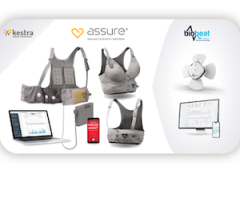
 January 14, 2026
January 14, 2026 


